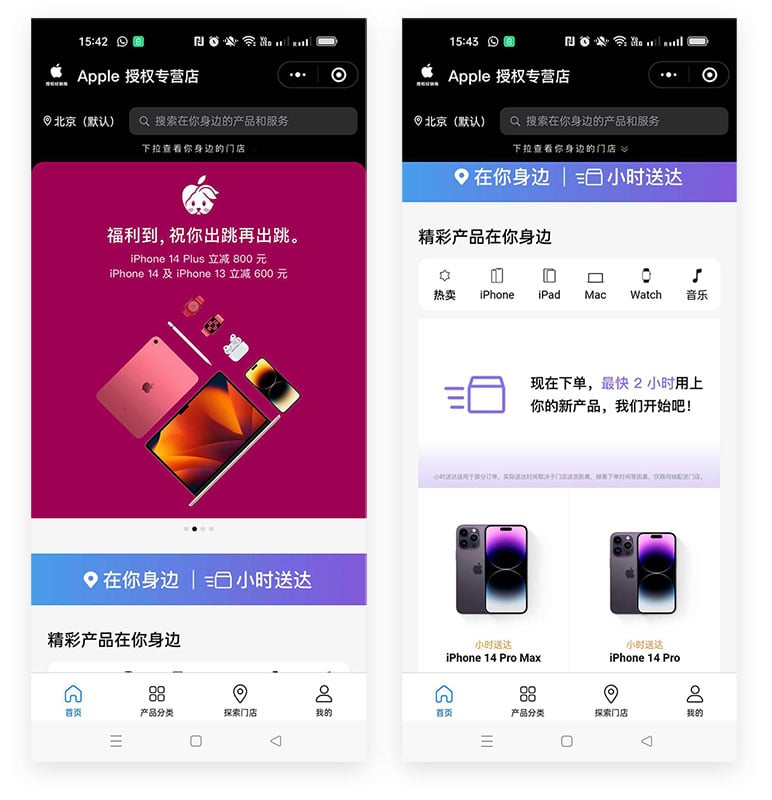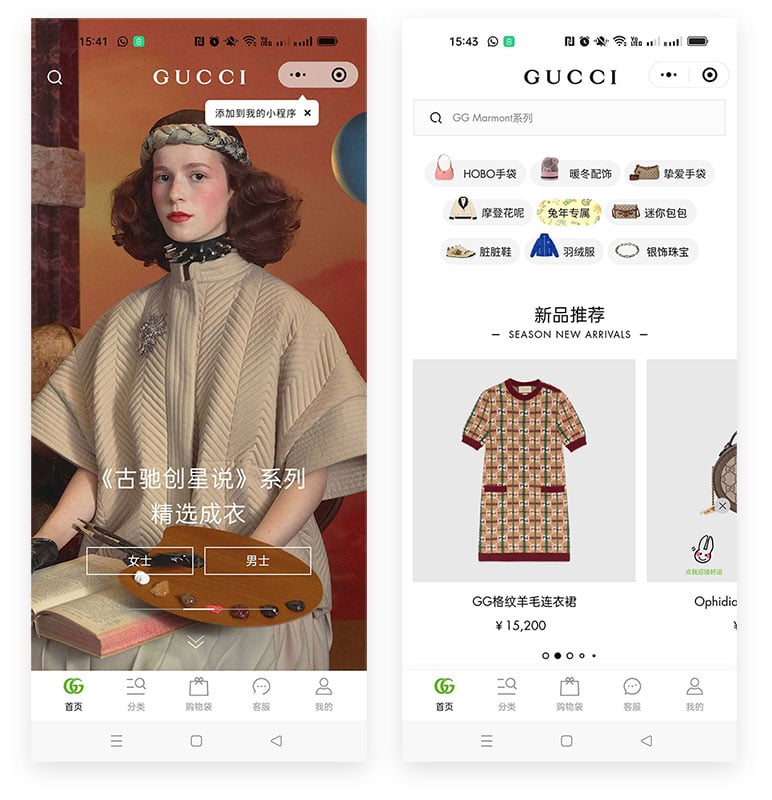What is private traffic in China?
When we talk about public traffic, we mean digital traffic and interaction within the marketplace, e.g., Tmall and JD.com. On these platforms, brands can have their own area of e-commerce, but it is not entirely theirs. In fact, they use paid ads (banner ads or promotions) to get more reach, traffic, and potential leads. This means a lot of time and money investment.
On the other hand, when we talk about private traffic, it means that brands have full control over the generation of their audience. Communication with users or customers is fed into a database. Traffic generated through WeChat is a perfect example of private traffic because they own the domain. With private traffic, they can lower their costs, increase customer acquisition and most importantly increase customer retention.
Why is Private Traffic increasing in China?
Ravi Sharma, Banking and Payments Lead Analyst at GlobalData, comments on the landscape of the e-commerce market in China as one that has “evolved rapidly during the last five years, supported by the rising internet and smartphone penetration, increasing consumer confidence in online shopping, the emergence of e-commerce platforms, and the availability of popular alternative payment solutions such as Alipay and WeChat Pay.” (Source)
For example, in 2021 alone, e-commerce transactions in China reached more than 42 trillion yuan, of which 66% were conducted via cell phones (Source). This also shows how social media usage is related to this incredible record overall. Chinese users are focused on social media and their related e-commerce options. Chinese users spend five hours of their daily time on social media apps such as Douyin, WeChat, or Weibo, so there is a high likelihood that they are browsing brands' domains.
What can brands do?
As Chinese shoppers' attention shifts more and more to private label platforms, brands looking to gain a foothold in e-commerce in China can’t help but follow this trend.
As attractive as platforms like JD.com may be, aiming for something private could be the right choice for your brand.
Mini-programs on WeChat are very precise and sympathetic ways to reach potential Chinese buyers. Even brands like Apple and Gucci, for example, have relied on these WeChat ecosystem e-shops.


Screenshots were taken on the 12.01.2023
At the end of the day, It's all about conducting a targeted and localized marketing activity to increase your brand awareness and in the best-case scenario, your sales. There are many strategies, such as surveys, giveaways, or selling with a KOL partner, that new brands can also try after building their presence and community in the Chinese digital world.
Do you need support for your e-commerce solutions for you Marketing in China campaigns? Make an appointment with our experts!










